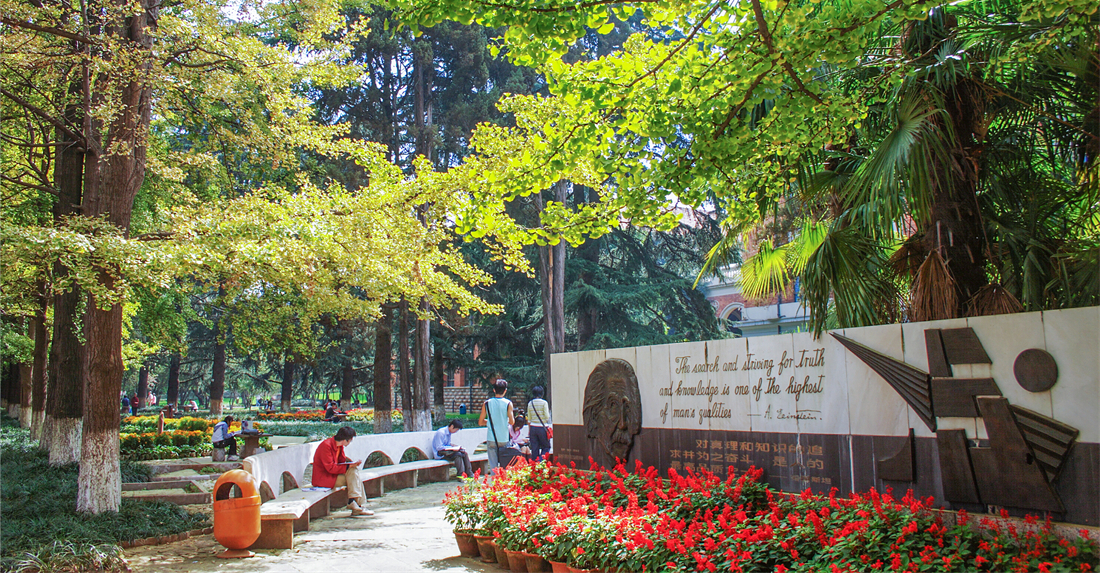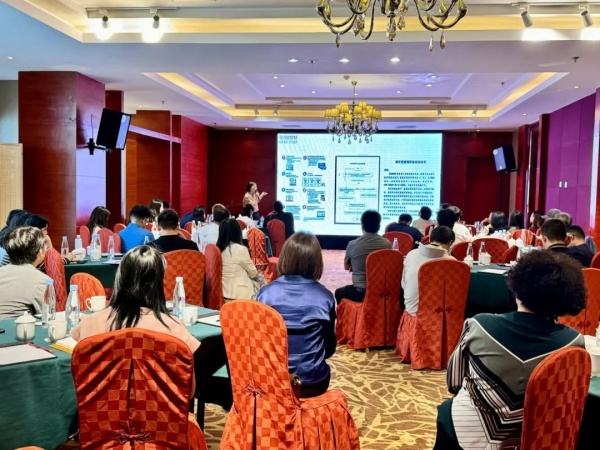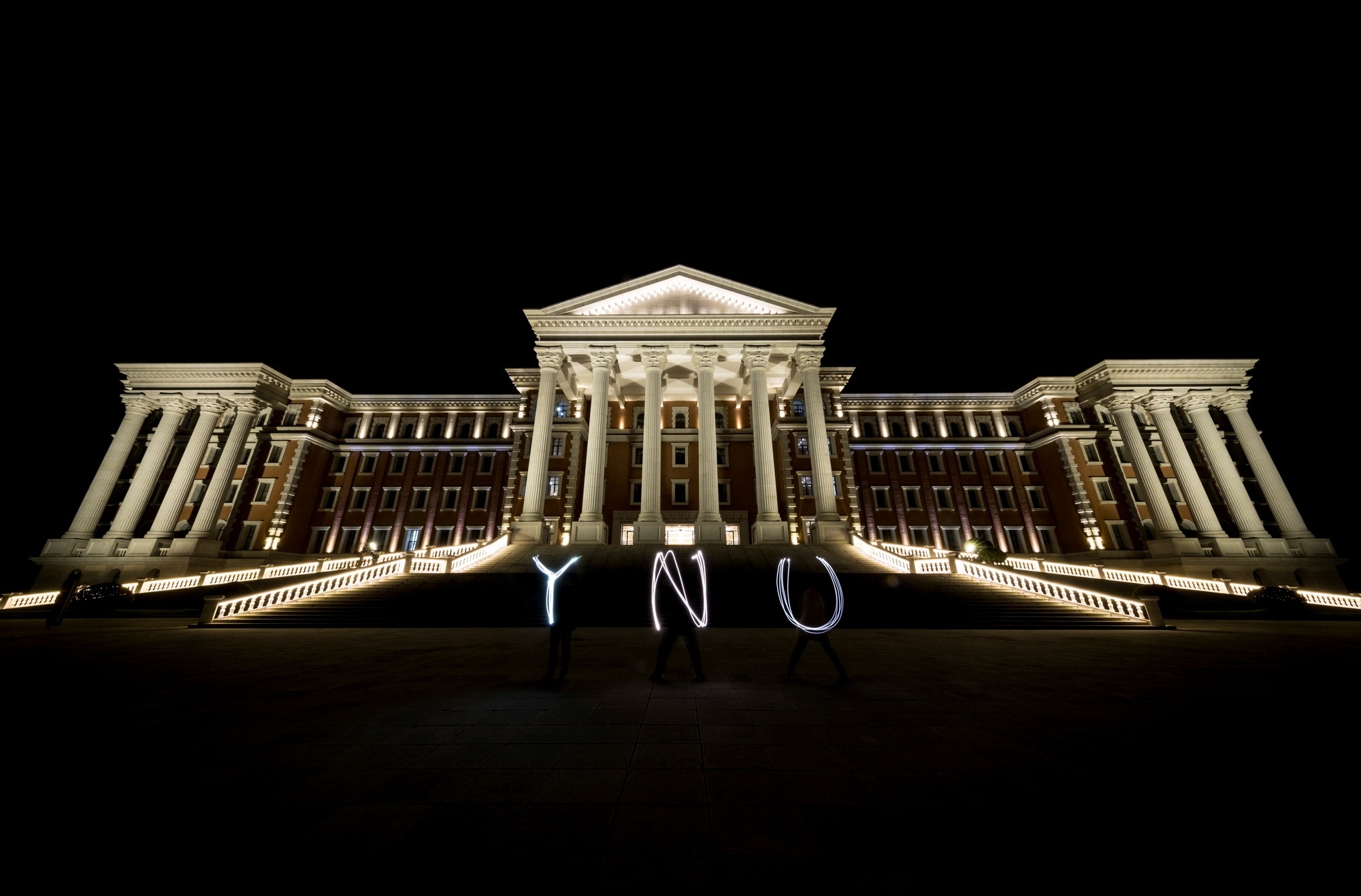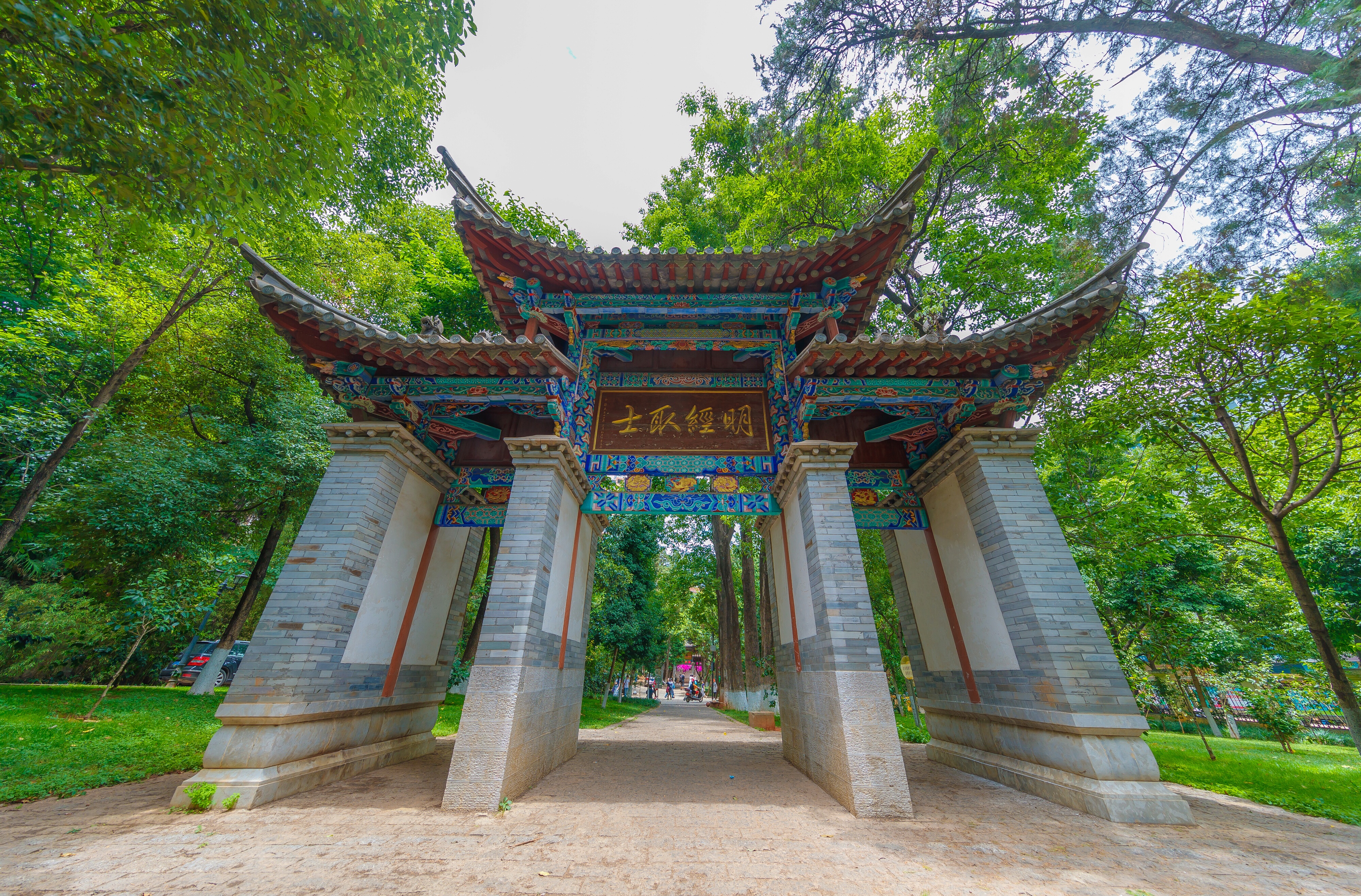- Yunnan University accelerates infrastructure development April 9, 2025
- Disaster forecast system supported by YNU computer turned on April 1, 2025
- Coordinated laws vital to combating cross-border crimes March 25, 2025
- Yunnan University celebrates its history with virtual tour March 18, 2025
The South and Southeast Asian University Network, also known as S&SE Asian UN, is a higher education regional international cooperation mechanism approved by the Yunnan Provincial Department of Education and filed in the International Division of the Ministry of Education, and initiated by Yunnan University (YNU) in Kunming, Yunnan Province in December 2018.
Read more
LINKS
>
Copyright © 2025 Yunnan University. All rights reserved. Presented by China Daily. 滇ICP备12004993号-2
Copyright © 2025 Yunnan University.
All rights reserved. Presented by China Daily. 滇ICP备12004993号-2
All rights reserved. Presented by China Daily. 滇ICP备12004993号-2















